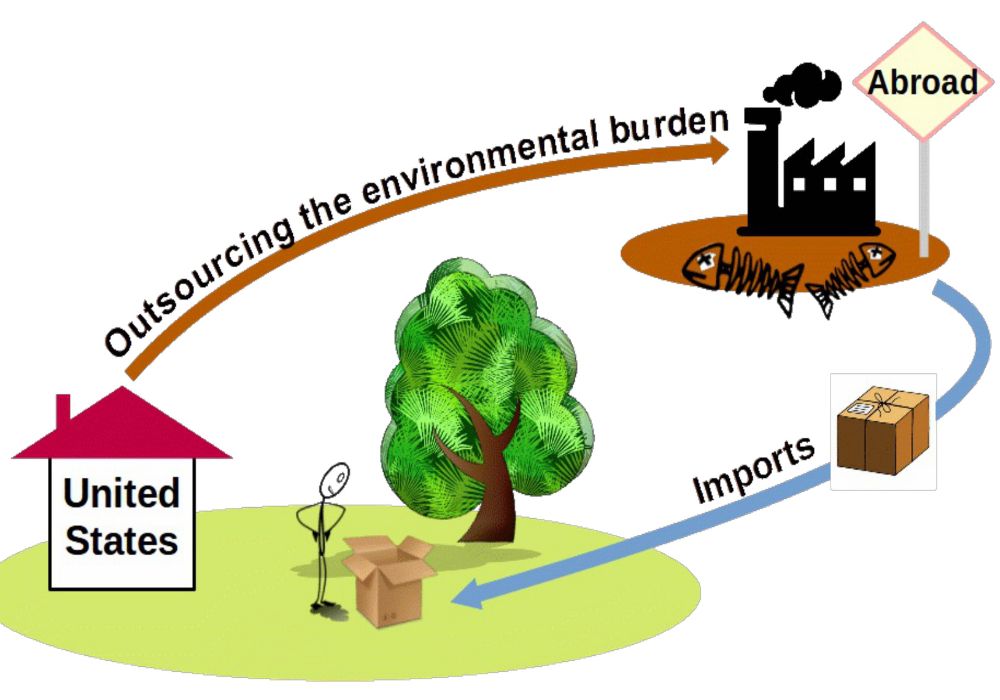Goal 8: Decent Work and Economic Growth
Promote sustained, inclusive and sustainable economic growth, full and productive employment and decent work for all
According to current figures, over 200 million people around the world are unemployed, especially young people. Employment and economic growth play a significant part in combating poverty. Goal 8 includes targets on sustaining economic growth, increasing economic productivity and creating decent jobs. It envisages combating forced labour and ending modern slavery and human trafficking by 2030. Sustainable economic growth should not be to the detriment of the environment, which is why Goal 8 also advocates improved global resource efficiency in consumption and production and the decoupling of economic growth from environmental degradation.
Source: www.eda.admin.ch/agenda2030 (edited)
Contributions of ETH Zurich (examples)
Within the framework of its core areas of research, education, campus and dialog with society, ETH Zurich contributes to Goal 8, for example, by the following activities:
Fighting for better farm labour

The Food Systems Economics and Policy Group delves into the pressing challenges of farm labour across the globe. Notably, the origins of our food and the social conditions underpinning its production are of keen interest. Emphasizing the Fairtrade certification, researchers have explored its implications in East Africa, examining practices such as the use of prisoners as farm labour. A central concern is the often-precarious conditions farm workers endure worldwide, holding the least influence within global food chains. Gathering data on these conditions is intricate, given the migratory nature of many workers. The research addresses pivotal questions: how can policy and technology elevate agricultural working conditions, and how can labour shortages, prevalent globally, be resolved? With studies spanning from Nigeria to Switzerland, data collection is vast, encompassing both employers and employees. Ultimately, the goal is to utilise policy and technology to improve the well-being of all within the food production and consumption chain. Read more here.
The future of better work

At the chair of Work and Organizational Psychology, research is conducted focusing on the vital link between work and well-being. The objective is to design work environments that promote personal well-being, fostering a setting where people can excel beyond mere task completion. Central to this research is enhancing working conditions, facilitating both learning and personal capacity development. Key initiatives include a biennial survey on Swiss working conditions, analyzing the transformative role of AI and new technologies in reshaping work dynamics, and delving into the management of uncertainty within work processes. The overarching aim is to support decent work for everyone, ensuring that commendable working conditions align with economic effectiveness. The vision is to harness technology to uplift work quality, thereby furthering well-being and personal development through improved working conditions and fostering continuous learning for sustainable employment. Read more here.
Greening international trade

The International Political Economy and Environmental Politics Group delves into the complex interplay between international trade and environmental protection. As economic globalization surges, its dual role as both a boon and a bane emerges. While many countries, like Switzerland, prosper from international trade, there's growing concern about the environmental implications of imported goods, such as unsustainably produced commodities. A startling revelation suggests that about 80% of the environmental impact due to consumption by nations like Switzerland occurs beyond their borders, effectively shifting the ecological burden. The research extensively examines this shift of environmental impacts via global supply chains, exploring how nations impact each other's environments through trade and consumption. Key solutions involve crafting international trade agreements and sustainability rules for global supply chains to be both eco-friendly and consumer-acceptable. The overarching goal? Reimagine international trade and supply chain policies to mitigate the adverse environmental effects of global consumption. Read more here.
Serving Society
The Swiss Economic Institute (KOF) provides independent in-depth research into Swiss and international business cycles. It addresses structural and economic questions that are relevant to society. KOF's public and academic events, such as forums and seminars, bridge the gap between the national economy and society.
Examining Economic and Political Problems
The Chair of Macroeconomics: Innovation and Policy, amongst other things, formulates policy recommendations to balance economic use and long-term conservation of ecosystem functions and services efficiently. Several of the Chair’s yearly recurring courses focus on topics such as economic growth, innovation and policy.
Space for Great Ideas
ETH Zurich has a long tradition of supporting company founders. Thereby, it promotes the conversion of research results into marketable products and the creation of new jobs. Since 1996, more than 430 spin-offs have been founded, many of which support the Agenda 2030.

Champions for Sustainable Business
In courses such as Strategies for Sustainable Business and Corporate Sustainability students learn to critically analyze strategies for sustainable business and get prepared to become champions for sustainable business practices.
Lecture Plural Economics
In the external page Plural Economics project, students organize a joint lecture at the University of Zurich and ETH Zurich to promote reflection on a broad spectrum of economic theories. The aim is to encourage economics students to critically analyze complex issues against the background of several schools of thought in economics.
Lived Sustainability on Campus
Working Conditions
For ETH Zurich, the provision of a progressive working environment and competetive working conditions plays a substantial role in its efforts. Beyond the framework conditions, ETH Zurich offers its employees a wide range of additional benefits and services, including childcare offerings.



